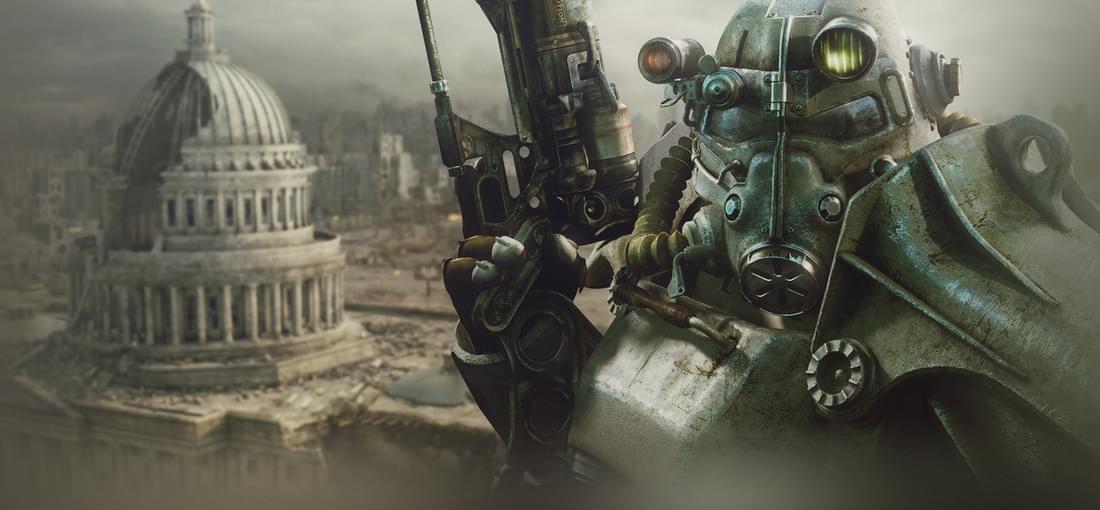


This is my favorite game of all time (tied with New Vegas) and it is Bethesda's Magnum Opus. It has amazing writing (the main stories' not the best however) with interesting moral choices, "The Power of Atom" not withstanding. For example, when rescuing slaves from Paradise Falls, killing the slavers is the best option when doing so. As a result, you are faced with a moral choice. Is it ok to free slaves if you must end another person's life? Or, with "The Superhuman Gambit", should you kill a person who is obviously not all there (if you know what I mean) when they attack a town? Or, is it alright to kidnap a baby to cure many people's cancer? And the supermutants in the game are a very interesting story. Many people see them as lazily written but they would be dead wrong. The supermutants in D.C. are in a constant struggle with low supplies of F.E.V. You see them raiding a museum designed to show off Vaults. The supermutants think that F.E.V. comes from vaults because of Vault 81. Even though they are almost all dumb brutes, they have a truly sad story. Another complaint I often hear, is that "Fallout 3 has no real choice and consequence", this is simply untrue. "The Power of Atom" is often brought up when discussing this. Can you actually say it is not a consequence to lose a companion, multiple shops, quests, essential NPCs, among others? Nearly every quest (excluding the main quest) has many outcomes. Most of the consequences come from the "random encounter" system. For example, if you turn down Burke's offer and he doesn't die, he sends hitmen after you. Or if you have good/bad karma, hitmen come after you. Or if the residents leave Vault 101, you can see many of them through random encounters. Sadly, you can't kill every NPC, however, you can kill every caravan owner and many quest givers. I think many people don't see how good Fallout 3 really is at first glance. They play it, don't immediately see consequences and they just assume they don't exist. Sad.